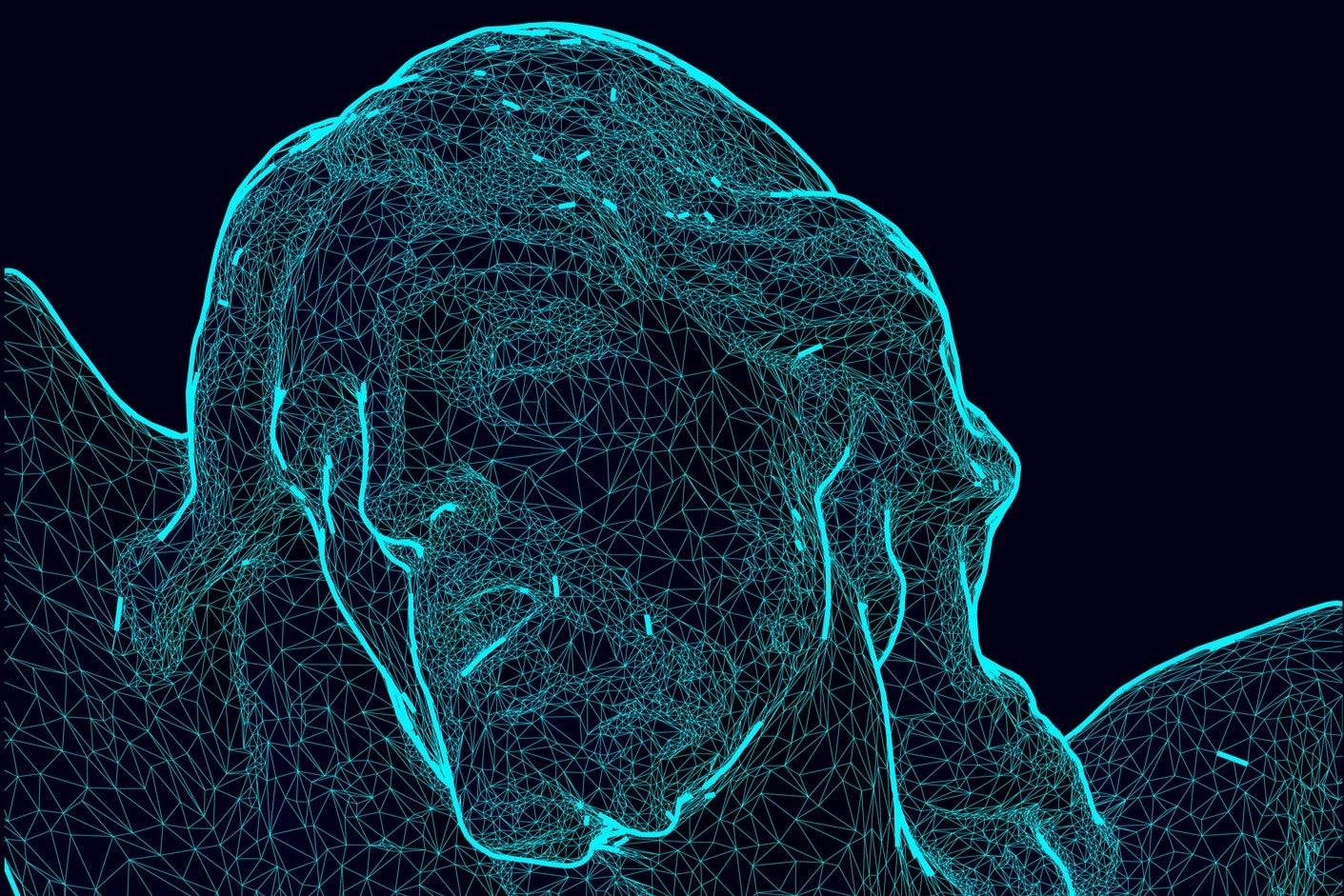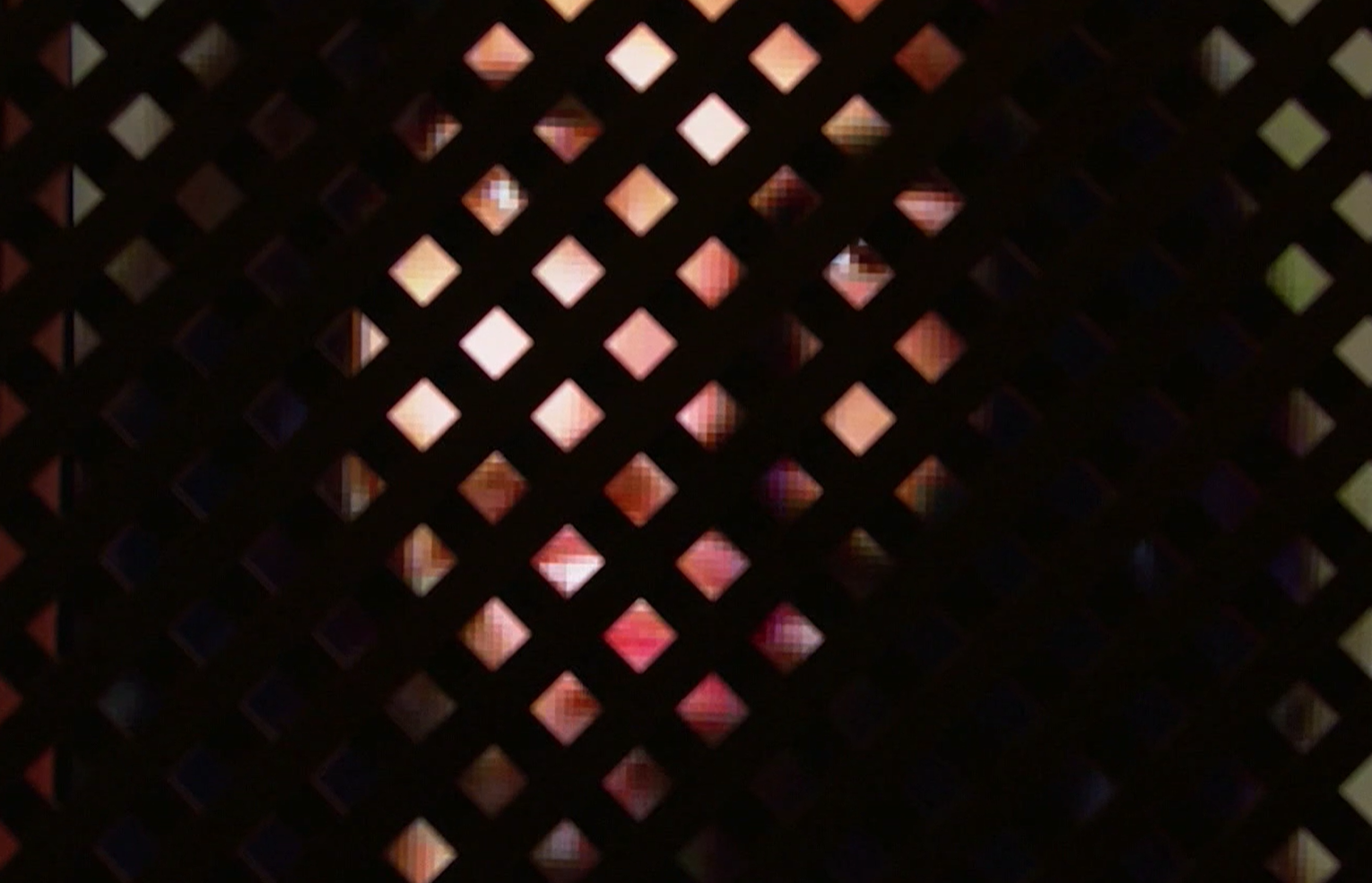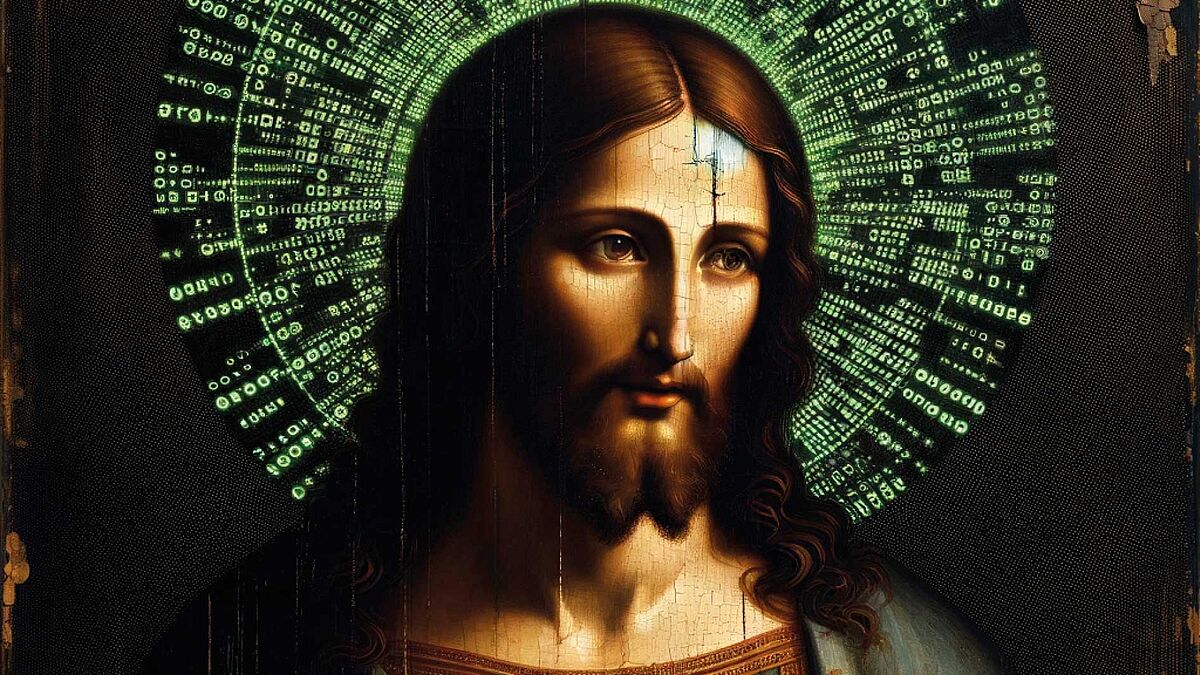‘AI Jesus’ takes confessions at Swiss church
Some churchgoers describe a spiritual experience within the confessional booth, though others labelled it a gimmick

Your support helps us to tell the story
From reproductive rights to climate change to Big Tech, The Independent is on the ground when the story is developing. Whether it's investigating the financials of Elon Musk's pro-Trump PAC or producing our latest documentary, 'The A Word', which shines a light on the American women fighting for reproductive rights, we know how important it is to parse out the facts from the messaging.
At such a critical moment in US history, we need reporters on the ground. Your donation allows us to keep sending journalists to speak to both sides of the story.
The Independent is trusted by Americans across the entire political spectrum. And unlike many other quality news outlets, we choose not to lock Americans out of our reporting and analysis with paywalls. We believe quality journalism should be available to everyone, paid for by those who can afford it.
Your support makes all the difference.A small chapel in the picturesque Swiss town of Lucerne has installed an “AI Jesus” that allows parishioners to confess their sins to a digital version of the Son of God.
The multi-lingual bot has been placed within the confessional booth of Peter’s Chapel, with a “heavenly hologram” projected behind the latticed opening.
The creators of the “Deus in Machina” project say it is an experimental art installation aimed at exploring spirituality in the context of artificial intelligence.
“Deus in Machina encourages critical reflection on the limits of technology in the context of religion,” the project’s website states.
“The encounter with the AI Jesus and the supporting program are intended to encourage critical engagement with AI.”

Two thirds of people who used the AI Jesus confessional booth said they had a spiritual experience, though one described it as a “gimmick”.
Some of the churchgoers interviewed by DW said they found inspiration and comfort through talking to the AI Jesus.
“He was able to reaffirm me in my ways of going about things and he helped me with questions I had, like how I can help other people to understand him better, and come closer to him,” said one woman.
Another said: “I was surprised, it was so easy. And though it’s a machine, it gave me so much advice. Also, from a Christian point of view, I felt taken care of and I walked out really consoled.”

The AI Jesus concept was conceived by computer scientists at the university, and given the blessing by Peter’s Chapel theologian Marco Schmid.
“What we’re doing here is an experiment - we wanted to launch the discussion by letting people have a very concrete experience with AI,” he told DW.
“That way, we have a foundation for talking about it and discussing it with one another... Accessibility is easy, 24 hours a day, so it has abilities that pastors don’t.”
Those skeptical of the installation include ethics professor Peter Kirchschlager, who claims that the AI Jesus does not serve as a suitable replacement for a human priest.
“We should be careful when it comes to faith... when finding meaning in religion,” Professor Kirchschlager warned.
“That’s an area where we humans are actually vastly superior to machines, so we should do these things ourselves.”
This sentitment echoes that of AI philosopher Nick Bostrom, whose most recent book described how technological advancements could lead to a form of heaven-like utopia.
The Oxford University professor believes that even within such a future, humans would likely still prefer other humans to lead religions and offer spiritual guidance.
“A tradition’s continuation may require humans to be doing certain things, and participating in various ceremonies,” Professor Bostrom told The Independent earlier this year.
“It wouldn’t count as continuing that tradition if you designed a bunch of robots... That would just not be the thing that people want.”
Join our commenting forum
Join thought-provoking conversations, follow other Independent readers and see their replies
Comments